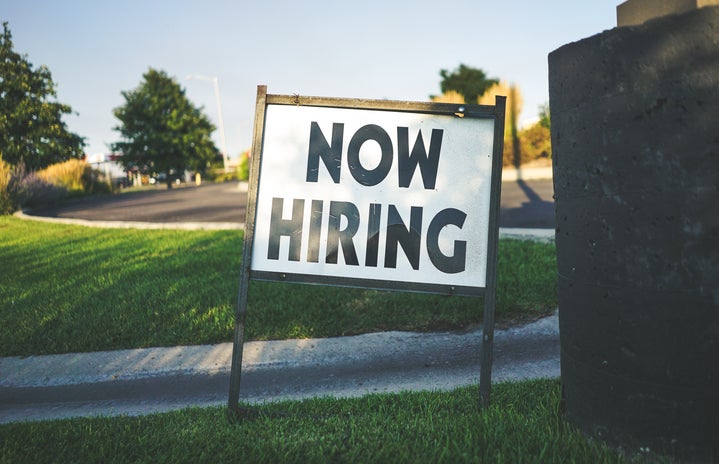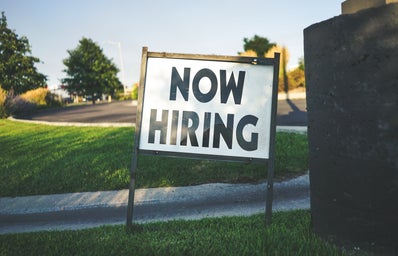It’s the start of the year, well academic year, and for some that may mean a nice break from work where you can nurse your hangovers from the night before in the comfort of your bed. However, for others you may be looking for a part time job to earn some extra money to get you through the term. Here at HCX we have 5 top interview tips to ensure that you give yourself the best chance possible.
1) First Impressions
As much as people try to be objective, creating a good first impression is essential at the start of an interview. Research has shown that how you dress, act and walk through the door can influence the employers’ decision. Apparently many make up their mind about hiring you within the first 90 seconds of the interview! Holding eye contact (not in a scary or creepy way of course) combined with a firm, but not knuckle crushingly hard, handshake will make you appear confident and capable. This also applies at the end of interview, don’t relax and lose focus as you say goodbye. Always go for professional not fashionable clothes. That is not to say that you have to raid your Grandmother’s wardrobe but looking smart and conservative as opposed to straight off the runway will give off a good first impression. Lastly, a smile always goes a long way!
2) Preparation
Practice really does make perfect. It may sound obvious but never underestimate the power of preparation! Not only will it reduce your stress levels but the interviewer will be able to tell how prepared you are and will catch you out if you aren’t. Practice common questions that come up and rehearse how you would introduce yourself and explain your experiences/work so far so that you do not rush or forget parts when you talk in the interview. It is also beneficial to practice harder and more obscure questions so that you are not caught off guard in the real thing, such as: ‘where would you like to be in 5 years time?’ or ‘what are your weaknesses?’. Always research the company or organisation that is interviewing you and thoroughly look through the job description and requirements so that you know how you can prove that you are suited for the job. Even better is to go one step further and research your interviewer if you can. Remember, knowledge is power!
[pagebreak]
3) Don’t be monotonous
Make the interviewer feel that this is something you are passionate about and not yet another interview. Even if it is your 20th interview and you have spent your evenings wondering what you can sell on ebay if you never get a job, don’t let that come through in the interview. Tailor your replies to the company that you are interviewing for, do not have the same response for them all.
4) 50/50 Dialogue
Remember that an interview is also a dialogue and not a monologue. Good interviews are those that are interactive. It is advised that you aim for a 50/50 dialogue and that smart candidates will direct the conversation along the lines they prefer so that they can play on their strengths.
5) Be Yourself
This does not meant that you can ingore all the above points and be as individual as you please, but remember to be yourself whilst remaning professional. The interviewer will want to see what your personality is like so that they can assess how well you will fit into their work environment. Be truthful, genuine and personable and you will make a good impression.
image credits: www.prepary.com, i.telegraph.co.uk

